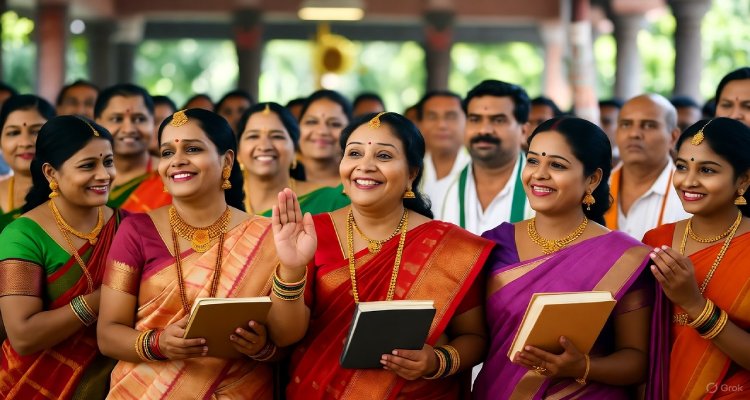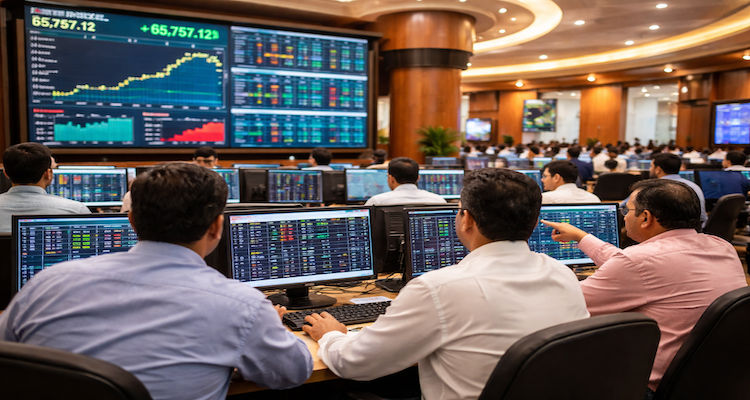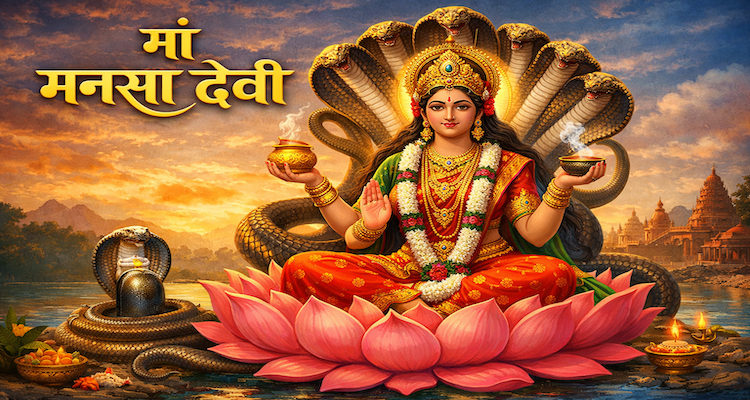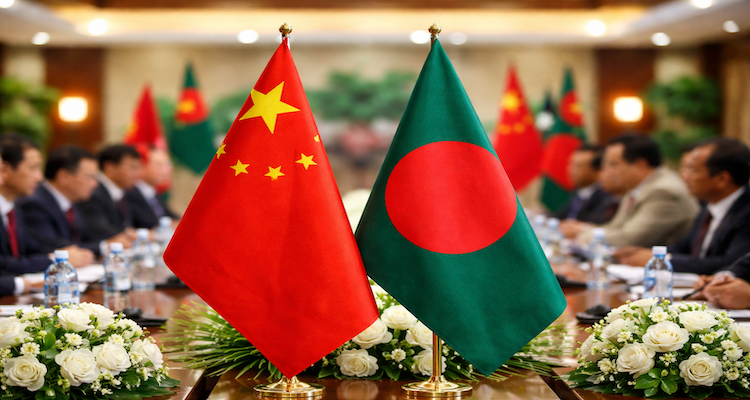150 Years of Arya Samaj: A Legacy of Reform, Reason, and Revival

Marking 150 years of Arya Samaj and the 200th birth anniversary of Maharshi Dayanand Saraswati, PM Modi honors the reformist movement that reshaped India’s spiritual and social fabric.
Introduction: A Celebration of Faith and Reform
On October 31, 2025, India paid tribute to a movement that transformed its moral and social landscape. Prime Minister Narendra Modi released commemorative coins to celebrate the 200th birth anniversary of Maharshi Dayanand Saraswati and 150 years of Arya Samaj, the reformist organization he founded in 1875. Addressing the International Arya Mahasammelan in New Delhi, PM Modi lauded Arya Samaj for its role in awakening national consciousness and championing social reform during the freedom struggle.
The event, part of the Gyana Jyoti Festival, brought together scholars, reformers, and representatives from Arya Samaj institutions worldwide — reaffirming a vision of truth, equality, and progress rooted in the Vedas.
Context & Background: The Birth of a Rational Faith
Founded by Swami Dayanand Saraswati in Bombay (now Mumbai) in 1875, Arya Samaj emerged during a time when India grappled with colonial oppression, religious dogma, and social inequality. Dayanand’s call — “Back to the Vedas” — became a rallying cry for spiritual purity and intellectual freedom.
Rejecting superstition, priestly dominance, and caste-based discrimination, Arya Samaj sought to revive Vedic wisdom as a rational and moral guide for modern life. It blended ancient ideals with contemporary reform, redefining Hinduism as a religion of reason rather than ritual.
Main Developments: PM Modi’s Tribute and the Global Summit
At the International Arya Mahasammelan 2025, PM Modi hailed Arya Samaj as a driving force in India’s intellectual awakening and independence movement. He highlighted how its teachings inspired countless freedom fighters and reformers to challenge injustice and colonial dominance through education and social service.
“Arya Samaj didn’t just awaken faith — it awakened India’s sense of self-confidence,” PM Modi said, emphasizing its continued relevance in an age of global disconnection and cultural amnesia.
The summit also spotlighted the organization’s vast network — from DAV institutions in India to diaspora centers across the United States, Canada, South Africa, and Fiji. These global communities continue to promote Vedic philosophy, equality, and social responsibility, embodying Dayanand’s call for a universal brotherhood rooted in truth.
Core Principles and Reformist Ideals
Rejection of Ritualism and Superstition
Arya Samaj broke sharply from conventional practices such as idol worship, animal sacrifice, and ritual offerings to ancestors. It opposed hereditary priesthood and caste by birth, advocating instead for a merit-based social order aligned with the varna system described in the Vedas.
Championing Social Equality
True to its reformist spirit, Arya Samaj led campaigns against child marriage, untouchability, and gender discrimination. It actively encouraged female education, widow remarriage, and inter-caste marriages, setting up institutions that embodied these ideals.
Service as Worship
From schools and orphanages to famine relief and medical aid, Arya Samaj has consistently viewed social service as an expression of divine duty. The movement’s humanitarian outreach continues to thrive through organizations like DAV Trusts, Gurukuls, and Vedic Mission centers.
Doctrinal Beliefs: The Moral and Cosmic Order
Arya Samaj upholds belief in karma (moral causation) and samsara (the cycle of rebirth), promoting a life of virtue and responsibility. It reveres the cow as sacred, not as an idol but as a symbol of ecological and ethical balance.
Vedic rituals, particularly agnihotra (fire offerings), remain integral, emphasizing purification and harmony with nature. The samskaras — rites marking major life milestones — form the moral framework of Arya Samaj families worldwide.
Expert Insight: The Modern Relevance of a 19th-Century Vision
According to Dr. Meera Tandon, a historian of Indian reform movements, “Dayanand Saraswati’s genius lay in fusing reason with spirituality. His ideas anticipated modern India’s secular ethics — equality, education, and rational inquiry.”
Sociologists note that Arya Samaj’s educational model — particularly the Dayanand Anglo-Vedic (DAV) network — bridged traditional learning with Western science, helping shape generations of reform-minded Indians.
Even today, the movement’s stress on ethical living, gender equality, and rational worship resonates in a society increasingly seeking balance between modernity and tradition.
Impact & Implications: A Living Legacy
One hundred and fifty years on, Arya Samaj’s message remains profoundly relevant. As global communities grapple with divisions of caste, creed, and inequality, its call for “Krinvanto Vishwam Aryam” — Make the World Noble — offers a timeless compass.
The ongoing Gyana Jyoti Festival and global Mahasammelan reaffirm that Arya Samaj is not a relic of reform but a living force — inspiring education, humanitarianism, and moral awakening across continents.
PM Modi’s commemoration symbolizes not just historical reverence but a renewed commitment to the values of truth (Satya) and righteous action (Dharma) that define both Arya Samaj and India’s cultural soul.
Conclusion: 150 Years of Light
From colonial India to the digital age, Arya Samaj’s flame of rational spirituality continues to burn bright. Its founder, Maharshi Dayanand Saraswati, envisioned a society guided not by superstition but by truth, compassion, and equality.
As India celebrates this milestone, Arya Samaj stands as both a reform movement and a moral philosophy — one that dared to question, to educate, and to uplift. Its 150-year journey is a testament to how ancient wisdom can illuminate the modern world.
Disclaimer:This article is based on publicly available information and commemorative events related to the Arya Samaj’s 150th anniversary. It is intended for educational and journalistic purposes.









